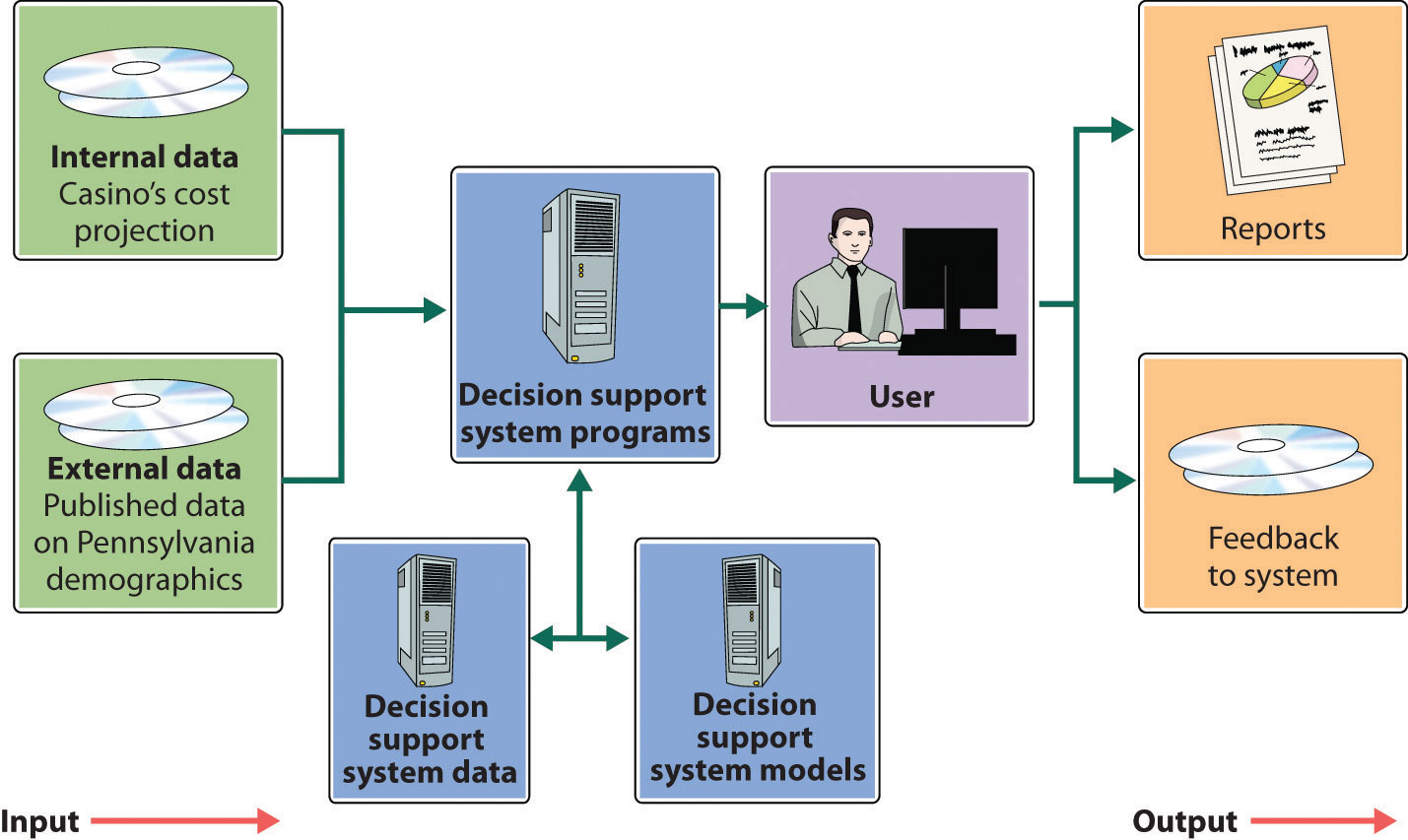Casino Information Technology
- Define, orchestrate, and manage the holistic project life cycle, delivery cadence, and release plan. Work closely with project sponsors and stakeholders to define project scope and release plans.
- Collaborate with IT service teams to develop detailed work plans, including work breakdown structures, project milestones, risk assessment/management plans, staffing needs, project timelines, and budgets.
- Manages activities of project teams, controlling the indirect management of resources and schedules to ensure timely completion. Effectively communicate project expectations to team members in a timely and clear fashion.
- Identify project risks and implement contingency plans. Identify and resolve issues and obstacles, escalating where necessary to the project sponsor, steering committee, or appropriate party.
- Manages communication plan for project status, issues, and risks; provides project performance metrics with a focus on status, budgets, and projections.
- Define project acceptance and success criteria. Disseminate to involved parties throughout the project life cycle. Ensure that projects are completed on time and they meet all business, systems, and quality requirements.
- Actively contribute to establishing and improving project management practices and delivery frameworks.
- Bachelor’s degree in Computer Science or related field is required, unless waived by Executive Management.
- Minimum of six (6) years directly related experience in an IT project management capacity, including all aspects of process development and execution.
- Knowledge in both traditional waterfall software development processes and Agile/Scrum methodologies.
- Certification in Project Management with Project Management skills including schedule estimation and work task definition preferred.
- Excellent interpersonal, written and verbal communication, proven analytical and problem-solving abilities required.
Information Technology Project Manager
To plan, execute, and finalize projects according to strict deadlines and within budget. This includes acquiring resources and coordinating the efforts of team members to deliver projects according to plan. Define the project's objectives and oversee quality control throughout its life cycle.
Full Time
In order for your application to be considered, you must complete the following assessment(s):
https://www.ondemandassessment.com/link/index/JB-WM3ODWXJH?u=140118

When you think about hotels, you think about bellhops, beds, room service, and the minibar—but it’s the stuff you don’t see, such as your information technology infrastructure, that is often just as important.

As technology continues to advance, IT is becoming all the more important and all the more visible in innovations such as the new features added to hotel management software or apps that make checking in easier for your guests.

Below, we’ve compiled some of the most important statistics on the use of information technology in the hotel industry. These stats can help you understand just how important IT is in the industry—and whether you’ve got the infrastructure and tech you need to compete, or if it’s time to start playing catch-up.
1. Two-thirds of guests want to check in on their smartphone
We do everything with our smartphones these days, so why not check into your hotel as well?
- Online slots The staple of the casino is also the basic in the online gaming site. Slots have become popular enough Information Technology In Casino Industry to invade virtual bingo halls and sportsbooks. Get in on the excitement of the one-armed bandit and big payouts at a quality online casino.
- An information technology audit, or information systems audit, is an examination of the management controls within an Information technology (IT) infrastructure and business applications. The evaluation of evidence obtained determines if the information systems are safeguarding assets, maintaining data integrity, and operating effectively to.
Information Technology is the concept involving the development, maintenance, and use of computer systems, software, and networks for the processing and distribution of data. Often in the context of a business or other enterprise. IT is considered to be a subset of information and communications technology (ICT). 62 A BSA compliance committee may be composed of all applicable casino departments such as accounting, cage operations, casino credit, finance, information technology, internal audit, marketing, slot operations, surveillance, and table games. A casino's BSA compliance officer is usually a member of such a committee.
The technology certainly exists, and people seem to really want it: data firm Zebra Technologies published a study that found that 68% of guests want to speed up the check-in process using their smartphones.
If you haven’t looked into this technology yet, what are you waiting for? Doesn’t it make a hotel feel more like home when you can just waltz in and flop down on a bed?
It’ll make life easier for you too. Guests can check into their room on their phones, grab the keys from the check-in counter, and head straight to their room without having to stand there with their bags, staring off into space while the receptionist taps away at a keyboard.
Mobile check-in is also a good way to get customers using your app, which allows you to promote your hotel and make it easier for your customers to connect with you when they want.
2. More than half of hotels are planning to ramp up IT spending
IT spending in the hotel industry dropped in 2016 (mostly because 2015 was a busy year in terms of spending with the release of some mobile and other tech solutions, authors say), but a recent report by Hospitality Technology found that 57% of hotels plan to spend more on technology, while 42% expect to spend the same, and just two percent plan to decrease their IT spending.
Wondering how much the typical hotel spends on IT? It’s 3.5% of the hotel’s budget, according to the report.
3. Three-quarters of guests want customized offers or loyalty programs
The Zebra Technologies study also found that 74% of hotel guests would like some sort of customized offer or a loyalty program.
Through information technology, you can keep track of your guest preferences and log special requests, room service orders, and other data so that when they check in again down the line, you can surprise your repeat guest with a thoughtful gesture, such as a fresh cup of their favorite brand of coffee.
“As competition for travelers’ mindshare intensifies, hospitality managers have sharpened their focus on differentiating the guest stay via unique and personalized experiences in a bid to strengthen loyalty and encourage repeat visits,” the report states. “For guests, feeling catered to nowadays means not only hassle-free booking, but also service and offers that reflect individualized messaging and marketing based on their personal profile, activities and preferences.”
You have a tremendous opportunity to cater to your guests in a way you never have before thanks to the data you collect on a daily basis. It’s a prime example of how information technology can boost your bottom line. If you’re not tracking guest preferences today, check out hotel management software options with guest experience management.
4. Half of all hotels are operating in the cloud
Information Technology Definition
It would be inaccurate to say that hotels are moving to the cloud en masse—because they’ve already moved.
The Hospitality Technology report found that half of hotels have cloud-based systems for their IT needs, whether that be property management, reservations, or revenue management.

Cloud computing is no longer a strategic priority for the industry because it is “now standard operating procedure,” the report found.
Now, perhaps you’re perfectly happy with your hardware-based IT system. Why should you make the move?
One big reason is flexibility. With hardware, your IT services are static. If you need more capacity, tough, and if you only use a small percentage of it, you’ll still pay the same price. The cloud allows you to scale services to fit your needs, and from anywhere on the globe. And cloud also allows you to access the most innovative technology available.
5. Half of business travelers factor free Wi-Fi into their decision to book
Wi-Fi is a must for business travelers, who are undoubtedly a big part of your clientele. But while you probably offer WiFi, do you charge for it—and should you?

The reality is, if you’re charging $14.99 per day for Wi-Fi, there’s a possibility you’re keeping guests away. A report by data firm Systemagic found that free Wi-Fi is a key consideration for 49% of business travelers. In second place? Free breakfast, at just 14%.
This makes Wi-Fi the most important service you provide business travelers, aside from a bed.
Casino Information Technology Jobs
So when you charge extra for Wi-Fi, you may enjoy a nice stream of revenue, but you should take a hard look at whether you’re leaving a lot of money on the table in the form of guests you lose because of it. Do other hotels in the area offer free Wi-Fi? If so, they may be poaching your guests who see the Wi-Fi charge and go looking elsewhere.
What are your IT priorities for 2018?
As you can see, information technology continues to become more and more important in the hotel industry.
How have you been using IT to help serve your guests, and what strategic objectives do you have in 2018? Let us know in the comments below.
Looking for Hospitality Property Management software? Check out Capterra's list of the best Hospitality Property Management software solutions.